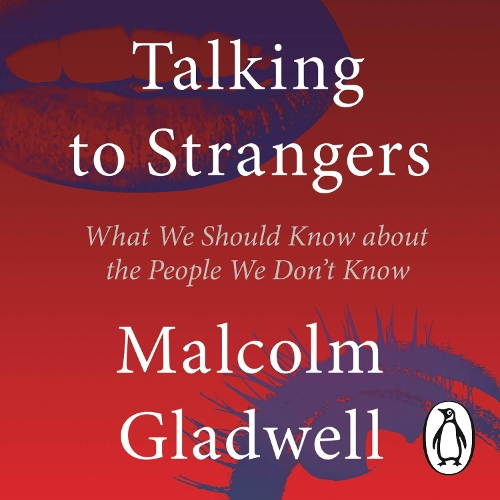Talking to Strangers by Malcolm Gladwell is a haunting and compelling read that explores miscommunication and assumptions when dealing with strangers. The book is convoluted and difficult to follow but offers brilliant storytelling and thought-provoking insights.
Talking to Strangers by Malcolm Gladwell is a haunting and compelling read that took the reviewer by surprise. The book explores the implications of miscommunication and assumptions we make when faced with strangers, using various historical events to illustrate its points. The narrative is convoluted and difficult to follow, and it makes some questionable statements on sensitive topics. However, it is a brilliant piece of storytelling that makes sense in the end. The book is built upon three pillars: the default-to-truth, transparency and mismatched people, and coupling. Each of these pillars offers insights into why our communication with strangers often goes wrong. Despite its shortcomings, the book is engaging and thought-provoking, touching on controversial and sensitive topics. The reviewer found it to be 40% quality storytelling and 60% morbid curiosity.
Quick quotes
Default to truth becomes an issue when we are forced to choose between two alternatives, one of which is likely and the other of which is impossible to imagine.
Transparency is a myth — an idea we’ve picked up from watching too much television and reading too many novels where the hero’s ‘jaw dropped with astonishment’ or ‘eyes went wide with surprise’.
Because we don’t know how to talk to strangers, what do we do when things go awry with strangers? We blame the stranger.
